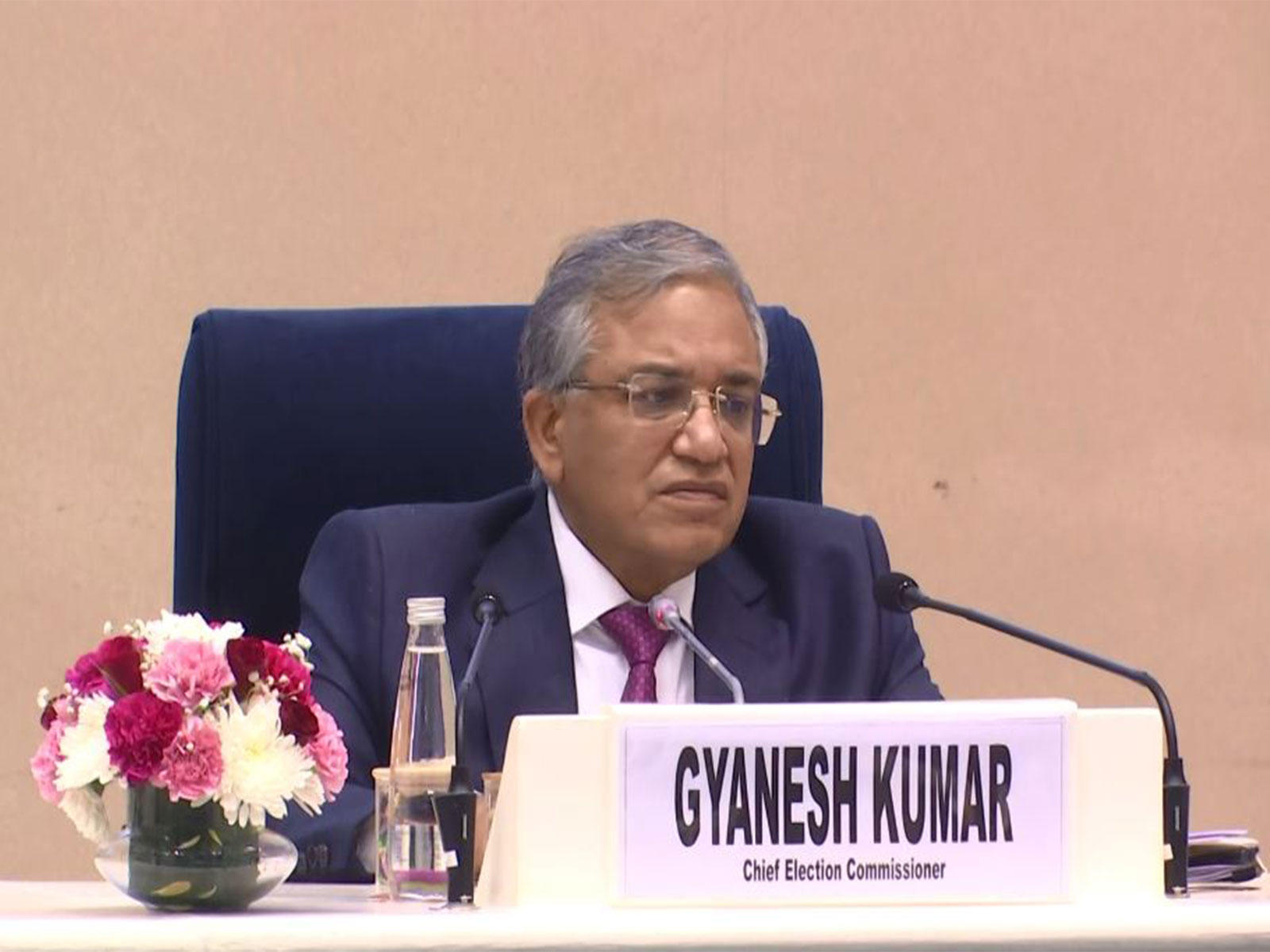ECI Initiates Second Phase of Special Intensive Revision in 12 States
The Election Commission of India will undertake the second phase of Special Intensive Revision of electoral rolls in 12 States and Union Territories. The final voter list will be published on February 7, 2026. This phase aims to streamline voter registration and ensure accurate and up-to-date electoral rolls.

- Country:
- India
The Election Commission of India (ECI) has announced the commencement of the second phase of the Special Intensive Revision (SIR) of electoral rolls in 12 States and Union Territories, set to conclude with the publication of the final voter list on February 7, 2026. Chief Election Commissioner (CEC) Gyanesh Kumar made the announcement at a press briefing in New Delhi, highlighting the inclusion of regions such as Andaman and Nicobar Islands, Chhattisgarh, Goa, Gujarat, Kerala, Lakshadweep, Madhya Pradesh, Puducherry, Rajasthan, Tamil Nadu, Uttar Pradesh, and West Bengal.
The Election Commission outlined a detailed timeline, forecasting printing and training activities from October 28 to November 3, succeeded by an Enumeration Phase stretching from November through December 4. The Draft Electoral Rolls are slated for publication on December 9, followed by a claims and objection period running until January 8, 2026. Hearings and verifications are scheduled between December 9 and January 31, 2026, with the final rolls available on February 7, 2026. CEC Kumar emphasized the importance of this second SIR phase in ensuring comprehensive voter registration.
Responding to the Supreme Court's directives, Aadhaar is among the 12 permissible documents for voter verification, although it does not serve as proof of domicile or citizenship, per the Aadhaar Act. The voter rolls will be frozen at midnight before the distribution of Unique Enumeration Forms, allowing voters to verify their entries against the 2003 rolls. Booth Level Officers (BLOs) will play a key role, visiting households up to three times if necessary for verification. Additionally, the Commission aims to manage polling station capacities, limiting them to 1,200 electors and establishing new stations as needed. CEC Kumar also addressed ongoing challenges such as migration and duplicate registrations, underscoring the SIR's goal of maintaining the integrity of the electoral process.









